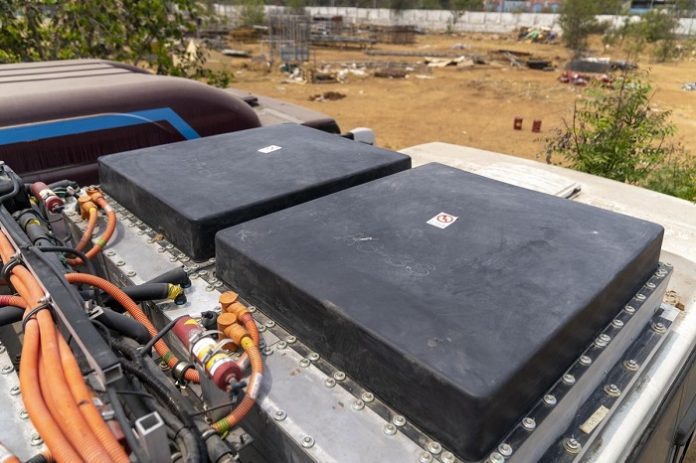India needs to invest over USD 10 billion to boost cell manufacturing and raw material refining to serve the local demand for lithium-ion batteries by 2030 and create a million jobs, according to a new report by management consulting firm Arthur D. Little.
The report said that India’s lithium-ion battery demand will grow from the current level of 3GWh to 20GWh by 2026 and 70GWh by 2030. At present, the country’s 70 per cent requirement is met through imports from China and Hong Kong.
While EV cells are the most critical part of the electric mobility value chain, the Indian EV industry suffers from overdependence on imports, limited local manufacturing, finite access to raw materials, and refining capacities. Large investments in R&D, supportive government policies, foreign direct investment inflows, and aggressive acquisition of raw material resources across geographies can help India achieve self-reliance in lithium-ion batteries, the report said.
“To accelerate Indian electric mobility growth, the government and the industry ecosystem must collaborate, to nurture a self-reliant, local EV value chain, with established battery manufacturers, original equipment manufacturers (OEMs), and start-ups, investing in continuous R&D, partnerships, and global alliances to create a strong supply chain. This, along with the demand from customers, will turn India into a global EV powerhouse,” said Barnik Chitran Maitra, Managing Partner, Arthur D Little, India.
The electric vehicle (EV) adoption rate in India currently stands at about 2%. This is largely due to high price differences with the traditional internal combustion engine (ICE) models and the absence of adequate charging infrastructure.
However, the government is rigorously pushing for EV adoption with an EV penetration target of 30 per cent for passenger vehicles, 70 per cent for commercial vehicles, and 80 per cent for two-wheelers and three-wheelers by 2030. The report said that the government will have to work on multiple fronts to localise the supply chain for batteries and enable better access to raw materials for domestic manufacturers.
One of the critical industry challenges is India’s limited access to key raw materials like lithium, nickel, cobalt, and manganese, that account for over 80% of the cell cost, as natural reserves for these materials are concentrated in a few countries. Besides, India lacks adequate refining capabilities for these materials.
Thus, localising the lithium-ion battery supply chain is key to India’s ambition of becoming self-reliant and positioning it as a global EV manufacturer and exporter, the report observed.








